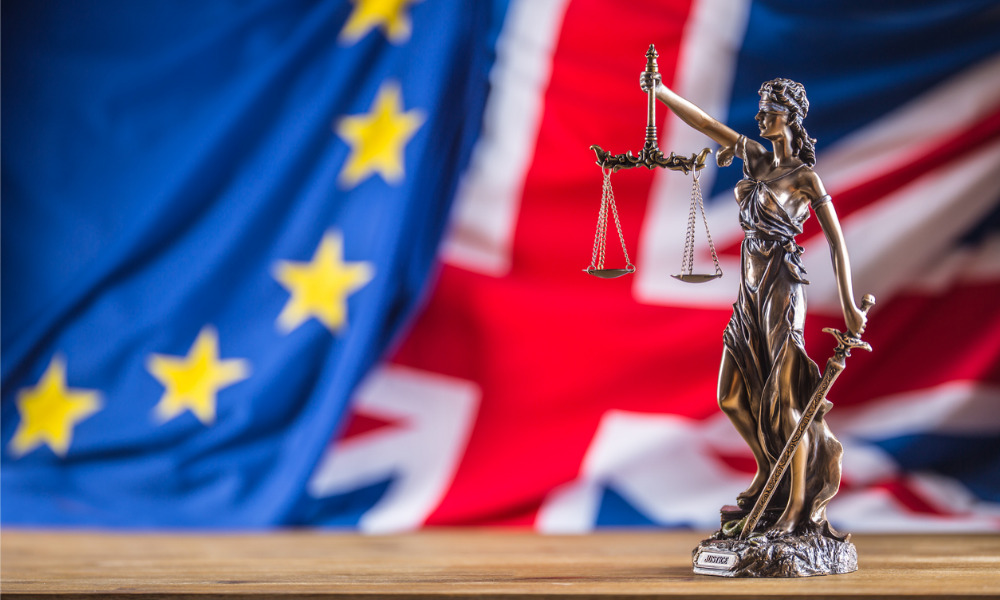
Document also promises legislation 'to end the special status of EU law'

Britain's role as a global legal centre will benefit from leaving the EU, Downing Street has claimed in its Benefits of Brexit document. The 108-page paper also promises legislation 'to end the special status of EU law', reported the Law Society Gazette.
The document notes that the legal sector contributed over £29.6bn gross value added to the economy in 2019, reported the Gazette. 'We are promoting the UK’s attractiveness as a legal centre and as a centre for dispute resolution,' the document states.
Highlighting the issue of international collaboration in private international law, the document reveals that the government is to consult on becoming a party to the Singapore Convention on Mediation, according to the Gazette. Participation in the 2019 treaty 'would provide an opportunity for the UK to take a more active role on the global stage on private international law matters and to ensure that our pre-eminent legal services sector maintains and cements its global position as a world leader'.
The legal sector will also benefit from 'unprecedented provisions' in free trade agreements made possible by Brexit, the document states. The document claims The Australia Free Trade Agreement 'secured the right of UK solicitors, barristers and advocates to practise using their UK title in both UK and international law'.
According to the Gazette, the digital economy agreement with Singapore is the first trade agreement to include specific commitments on Lawtech, while provisions supporting the legal services sector will be pursued in negotiations with priority jurisdictions, including Canada, Israel and Mexico.
Among the 'Brexit freedoms' already in force, the document lists the supremacy of the UK Supreme Court. 'UK judges, sitting in UK courts, now determine the law of the land in the UK, with judgments issued in English, not French, and accessible to those who speak Welsh’ reported the Gazette.